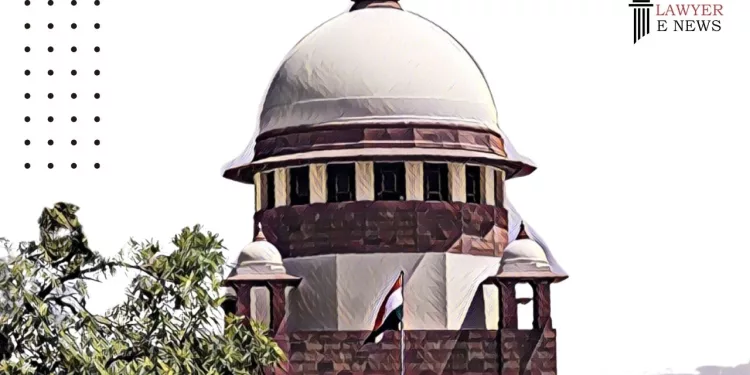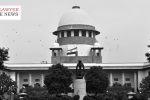Supreme Court Affirms Duty to Dismiss Suits Filed After Limitation Period Even If Not Raised as Defense

The Supreme Court of India has reiterated the mandatory duty of courts to dismiss any suit instituted after the prescribed period of limitation under Section 3 of the Limitation Act, 1963. This obligation applies even if the limitation defense is not raised by the parties.
Facts and Issues:
The appeals arose from judgments regarding the dissolution of a partnership firm and the subsequent rendering of accounts. The central issue was whether the suits were time-barred due to the automatic dissolution of the firms upon the death of a partner in 1984, with the suit for dissolution being filed only in 1996.
Court’s Assessment:
Automatic Dissolution on Partner’s Death:
The Supreme Court confirmed that the partnership firm “M/s Shivraj Reddy & Brothers” was automatically dissolved upon the death of partner Shri M. Balraj Reddy in 1984, as per Section 42(c) of the Indian Partnership Act, 1932. The continuation of business activities post-death did not affect the dissolution status (Para 17).
Limitation Period for Filing Suit:
The Court emphasized that the suit for dissolution and rendition of accounts should have been filed within three years from the date of dissolution in 1984. Therefore, the suit filed in 1996 was time-barred (Para 20).
Mandatory Duty of Courts:
The judgment underscored the mandate of Section 3 of the Limitation Act, 1963, requiring courts to dismiss suits filed beyond the limitation period, even if limitation is not pleaded as a defense. The High Court’s failure to dismiss the suit on these grounds was deemed erroneous (Para 16).
Court’s Obligation Regardless of Pleadings:
Citing previous judgments, the Supreme Court highlighted that it is the court’s duty to consider limitation issues suo moto, regardless of whether the defense has been raised by the parties. This principle ensures that suits barred by limitation are not entertained (Para 15, Para 18).
Impact of Continued Business Activities:
Even assuming that the business activities continued after the death of Shri M. Balraj Reddy, the partnership was considered dissolved, and any subsequent business was deemed to be conducted in the individual capacity of the remaining partners (Para 19).
Decision: The Supreme Court allowed the appeals, reversed the lower courts’ judgments, and dismissed the original suit for dissolution and rendition of accounts as time-barred.
Date of Decision: 16th May 2024
Shivraj Reddy (Died) Thr His LRS. and Another v. S. Raghuraj Reddy and Others






